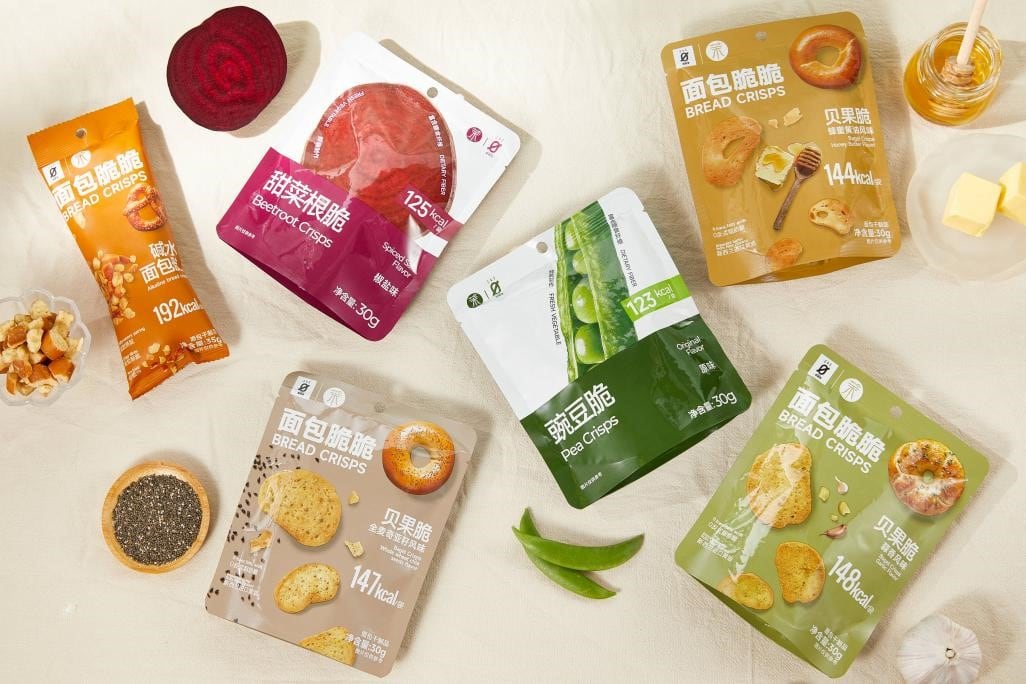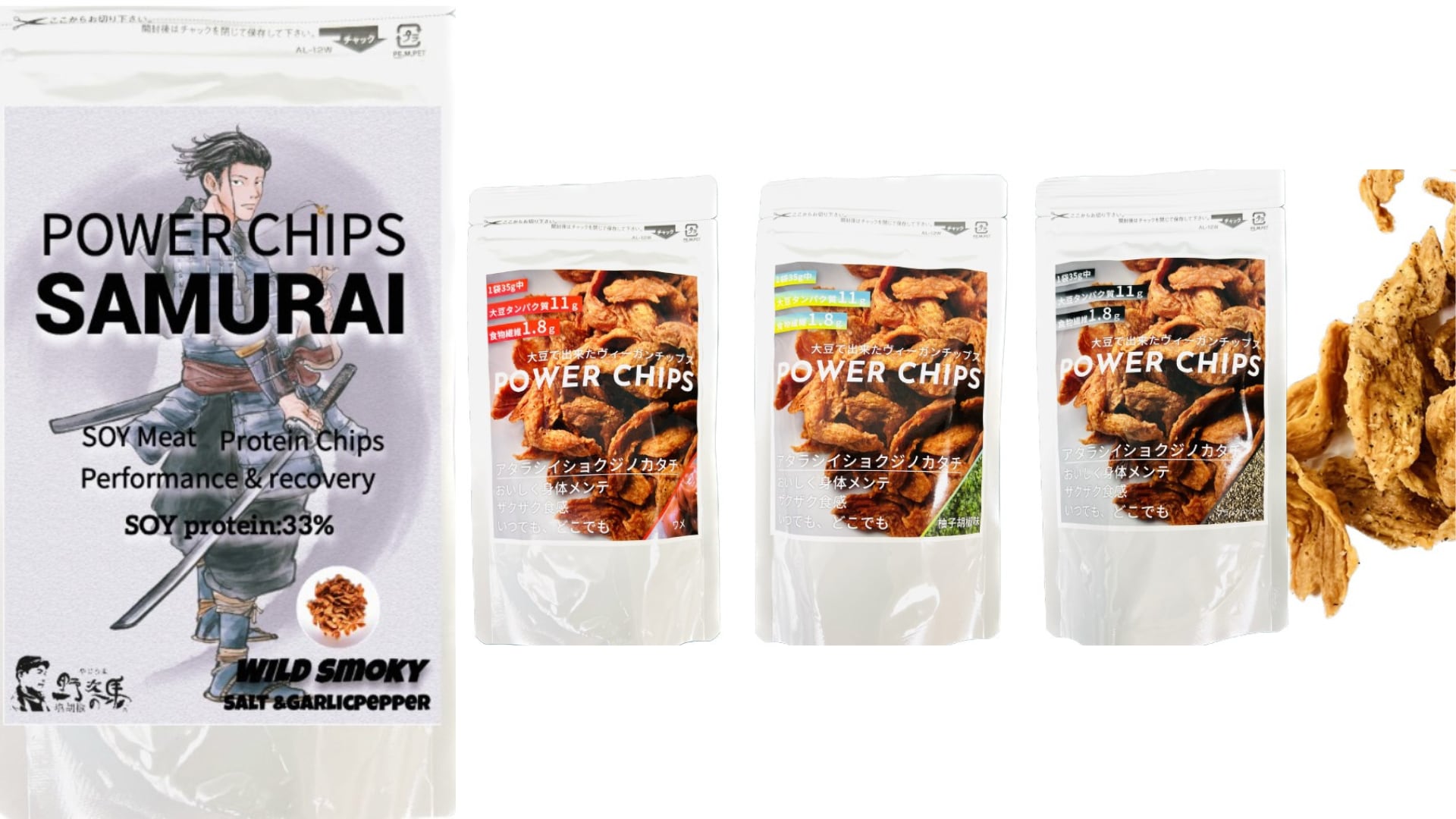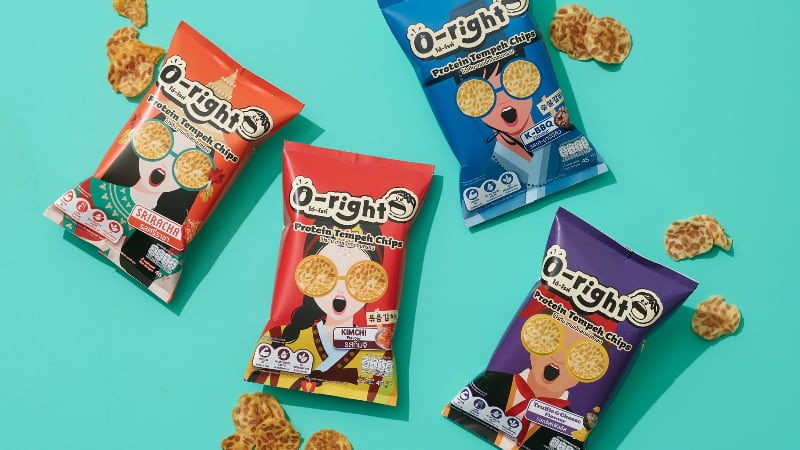Its most recent collaboration features the firm’s latest plant-based chips alongside More Yogurt, a franchise brand specialising in yoghurt smoothies with more than 1,500 stores in China’s top tier cities. The aim is to offer consumers a complementary beverage-and-snack experience.
“We’re excited to partner with More Yogurt as part of STARFIELD’s ongoing efforts to expand and diversify our plant-based portfolio,” said STARFIELD’s PR manager Rhea Wang.
“As a pioneer in plant-based foods, we are committed to making plant-based options more accessible and appealing. By teaming up with established industry players like More Yogurt, we can introduce more consumers to healthy, delicious, and sustainable choices while accelerating our market reach and strengthening our position in the rapidly growing plant-based sector,” Wang added.
Driving innovation and increasing retail presence
To strengthen its market presence, STARFIELD prioritises R&D, operating a few plant-based protein labs and a data centre in China.
Areas of research include the molecular sensory lab, which analyses plant-based raw materials at a molecular level to enhance flavour through optimised processing and storage, while the protein restructuring lab develops techniques to mimic meat’s fibrous texture using extrusion, protein blending, and enzyme crosslinking for improved structure and tenderness.
The human nutrition lab monitors nutrient retention across the product lifecycle from formulation to digestion.
The data centre utilises advanced texture analysis to quantify characteristics like hardness, elasticity, and succulence of various protein raw materials and protein products. It then builds texture models with the help of AI and big data. This simulates the texture characteristics of protein products based on raw ingredient data without the need for actual production, resulting in a more efficient product R&D process.
At the same time, it is strengthening its retail presence by partnering with more supermarkets and convenience stores, and increasing product accessibility through the STARFIELD official e-commerce store.
The firm is also engaging with international trade shows to explore new market opportunities.
Plans beyond China
“Global expansion is an important part of STARFIELD’s long-term strategy. In 2024, we participated in multiple global food trade shows to engage with potential partners and gain market insights.
“This year, we will continue to build connections and explore distribution channels to bring STARFIELD’s plant-based innovations to more consumers worldwide. We see strong potential in APAC, Australia, New Zealand, and the Middle East and look forward to entering these markets in the near future,” shared Wang.
Recognising growing consumer demand for nutritious and functional snacks, STARFIELD is also developing products with added health benefits.
“Incorporating high-protein formulations, probiotics, and superfoods is part of our long-term innovation strategy,” Wang added. “For now, we remain focused on what we do best – creating delicious, plant-based snacks that make healthier eating effortless.”
Latest snack range caters to demand for healthy choices
STARFIELD’s new snack lineup features three categories – bagel crisps, alkaline bread crisps, and plant crisps.
The bagel crisps are baked instead of fried, are trans fat-free and contain no artificial additives or preservatives. These are available in whole wheat chia seed, honey butter, and garlic flavours to cater to diverse tastes.
The bite-sized bread cubes are inspired by the alkaline bread trend. These caramel sea salt-flavoured crisps are also trans fat-free and can be paired with yoghurt and oats or eaten on its own.
As for the beetroot and pea crisps, these are made using vacuum-frying technology, retain natural nutrients while providing a crunchy, fibre-rich snack.
This is a significant addition to the firm’s portfolio, which now spans plant-based meat, toppings, and snacks, with partnerships across more than 100 leading brands in F&B, retail, and beyond, said Wang.
It reflects growing mainstream acceptance of plant-based products.
Founded in 2019, STARFIELD started out with plant-based meat products. Today, the firm has launched a range of plant-based snacks, including Poki Salad Bar and Seaweed Tofu, which have already secured spots in offline retailers such as Sam’s Club and FamilyMart in China.
“STARFIELD combines deep expertise in plant-based foods with in-house R&D and production, enabling rapid response to market feedback and continuous product innovation to meet evolving consumer preferences. Additionally, our B2B2C model fosters broad partnerships across F&B, retail, and beyond, seamlessly integrating plant-based snacking into everyday life,” said Wang.





